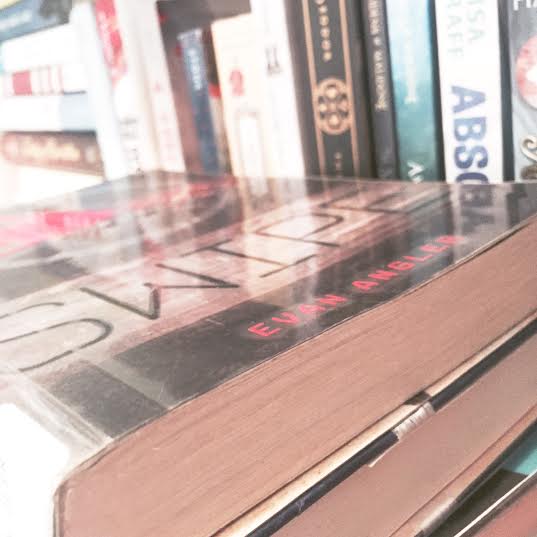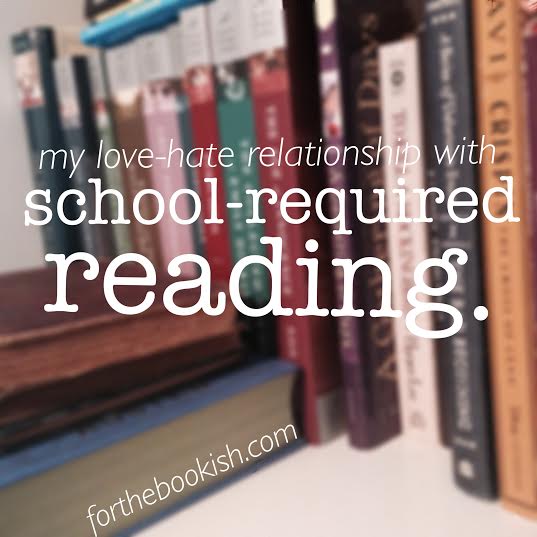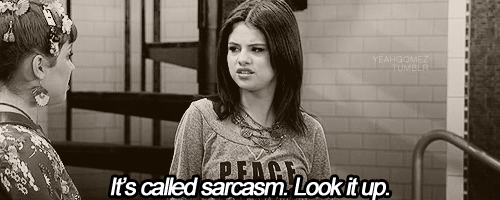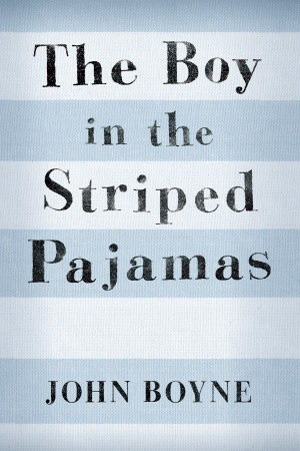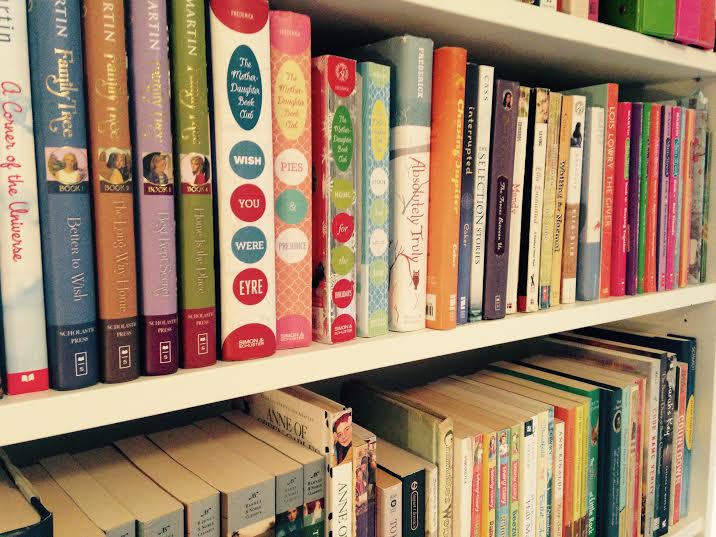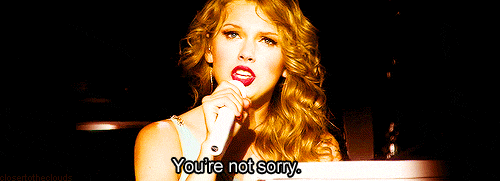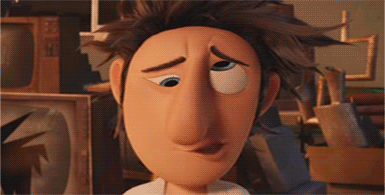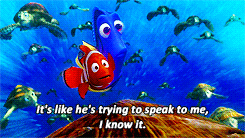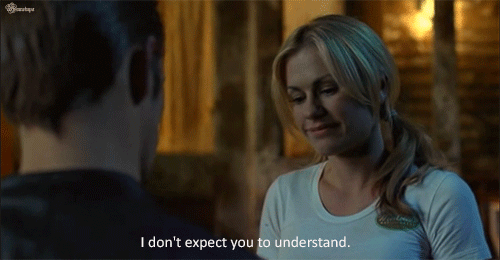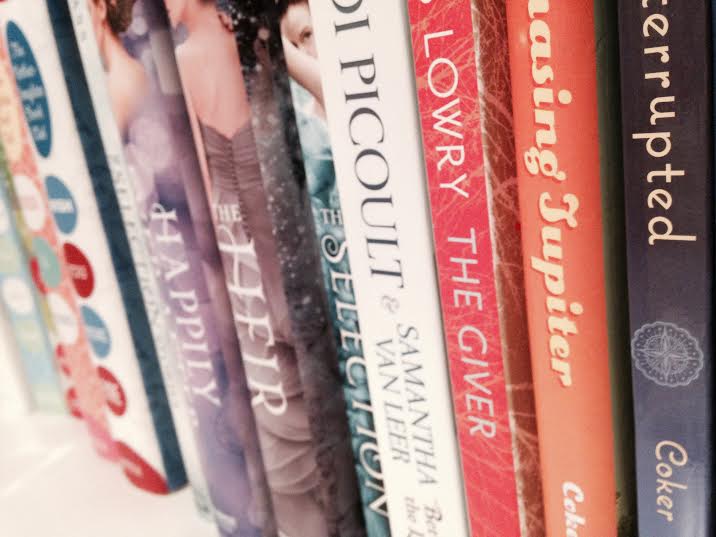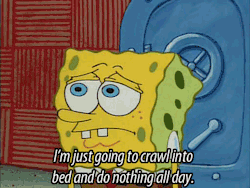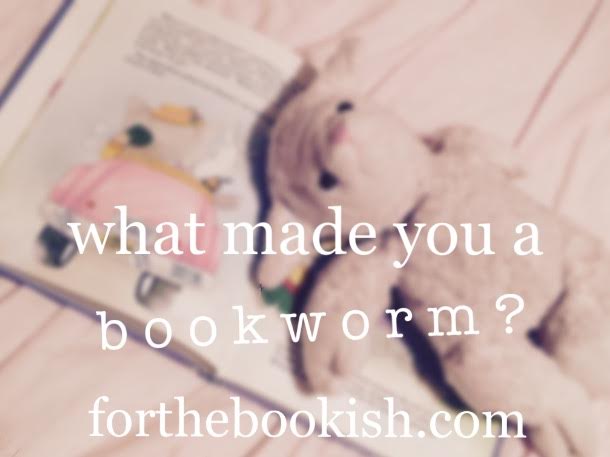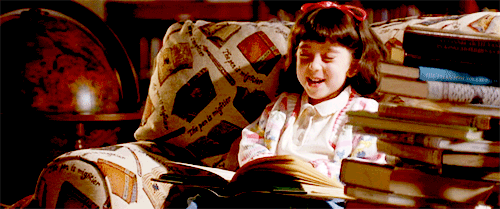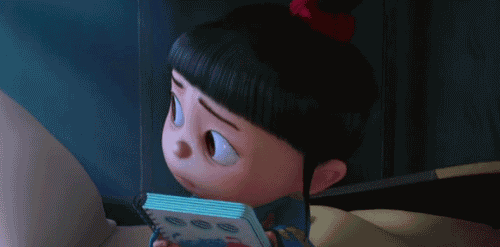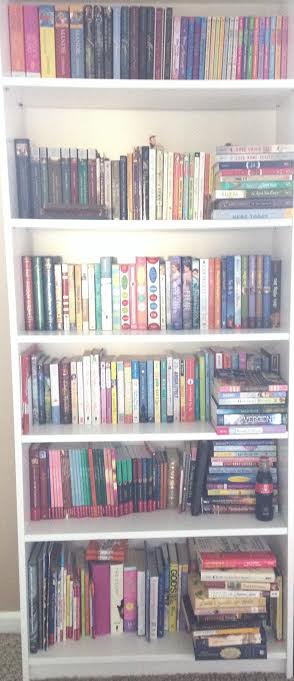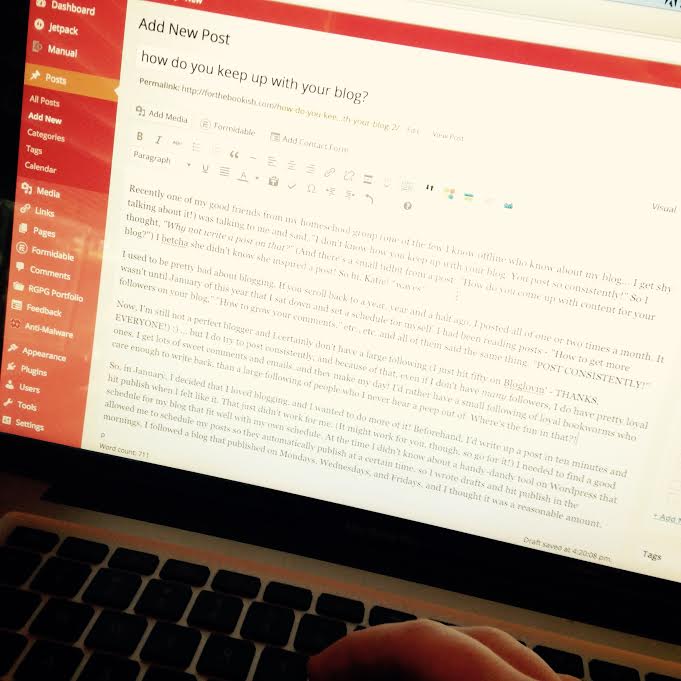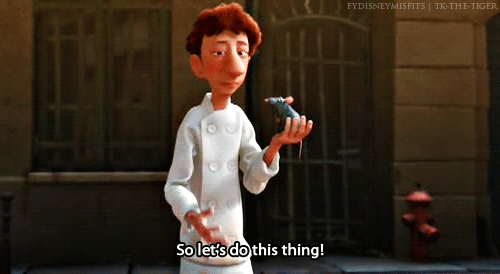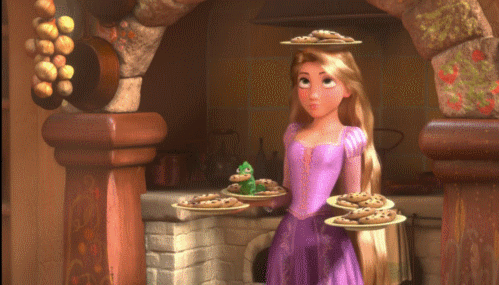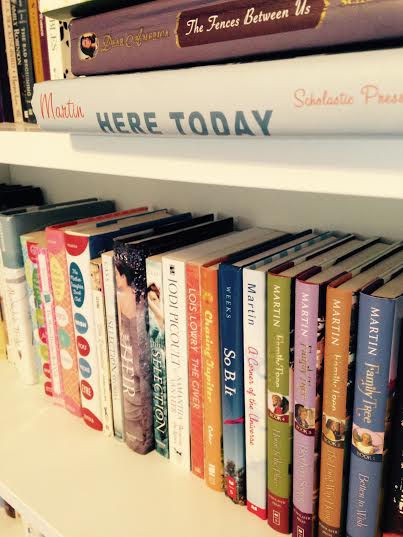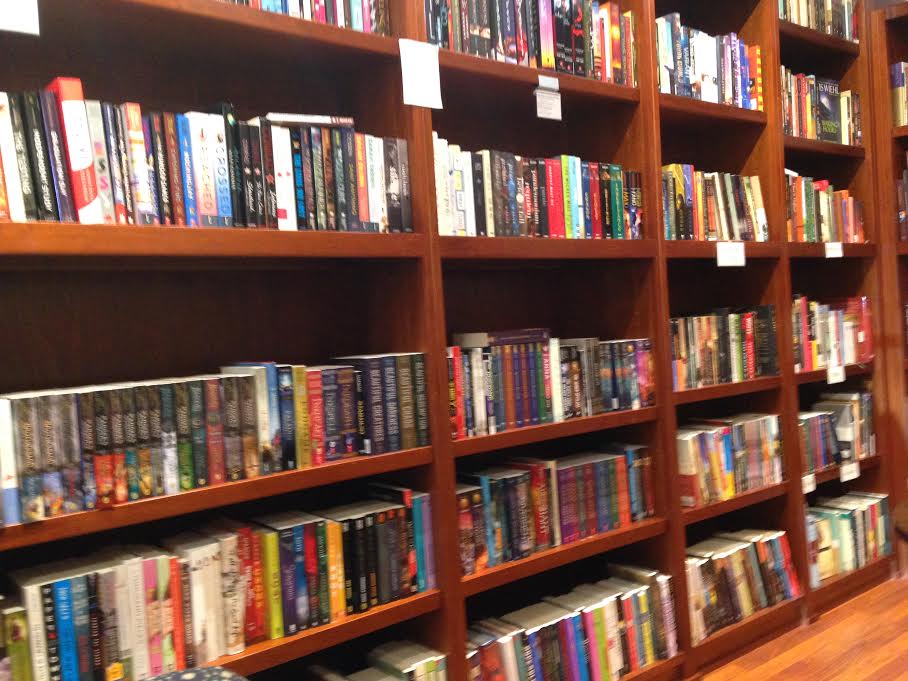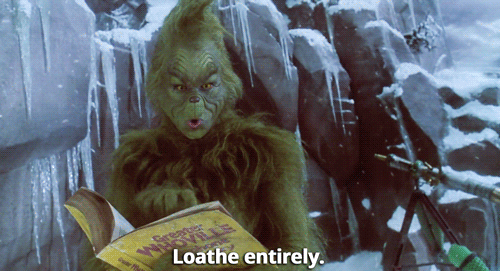I’ve been a reader my entire life. I can’t remember a time when I didn’t have access to words or stories. Before I could read, I loved pictures. I loved it when my parents read to me. When I learned to read, I read all the time. I remember struggling through chapter books in the reading corner with my best friend in kindergarten simply because I liked hearing the words aloud. So whenever people ask me the question every bookworm freezes at hearing, I never know how to answer.
“Why do you like to read?”
I have never been able to pinpoint exactly what I like about books. The texture of the pages, the smell, the ink, the cover, the titles, the words, the poetry – it all blurs together to make something beautiful in my mind.
So I usually say what people expect to hear: “I like going on adventures and doing things I wouldn’t normally be able to do.” Which is the truth, but it’s not the whole truth.
Adventures are wonderful. The feeling of getting lost in a story and its world is irreplaceable. But I often read realistic stories that could easily happen to me today. So it’s not the “things I wouldn’t normally be able to do” part that I like about reading.
When it comes right down to it, the thing I like most about reading is words.
I have a clear memory from the sixth grade. My dad was kneeling by my bed, kissing me goodnight. I was reading Emma by Jane Austen and read a sentence that struck me aloud to him. We had an entire discussion about the pure eloquence of words. I admire Jane Austen’s writing because she has a talent to put things into words that are detailed and chocked full of description yet simple all the same. You don’t feel overwhelmed by reading something by Jane Austen. You’re left feeling sort of like “Huh. So it’s easier to explain after all.” You just need the right words.
When I read a book, I am forever taking pictures of quotes I like or putting them in notes in my phone. I adore sentences that make me stop and take a moment to fully soak it in.
Think about it.
“Words are life.” – Markus Zusak
When a child learns to write a story, teachers point out ways they could rephrase this or that. Words need to flow in just the right way to make an impact. The way words are even formatted is powerful. Poetry can be all over the place: a word here, a word there, a word on the other end of the page that sticks out just right so that it sounds different in your head. That’s powerful.
“A word after a word after a word is power.” – Margaret Atwood
Words have a voice. You can hear a child or an elderly man or soccer mom or cheerleader or nerd all differently just because I told you what characters were speaking them.
No matter what type of story you read – fantasy, historical, contemporary, an essay, a magazine, a document, newspapers – words make it worthwhile. You might read two similar stories about a girl who flies a plane but if the writer can’t get the words right there is no story worthwhile to be read.
“The word of God is living and active, sharper than any two-edged sword.” Hebrews 4:12
My love for words goes even beyond fiction. As a Christian, the Bible means the world to me. God’s WORDS have survived generations far out of our comprehension and they will for all of eternity. His words are always the same, and they mean the same every year and every lifetime. Words are still there when the last generation is not.
“Words kill, words give life; they’re either poison or fruit – you choose.” Proverbs 18:21
It’s why journals, letters, and documents are so priceless. Words are history.
Words are classic. Classic novels transcend for years because they mean the same. They affect people. They are the same but can still affect each individual in a different way.
Isn’t that absolutely breathtaking?
That is why I love to read.

